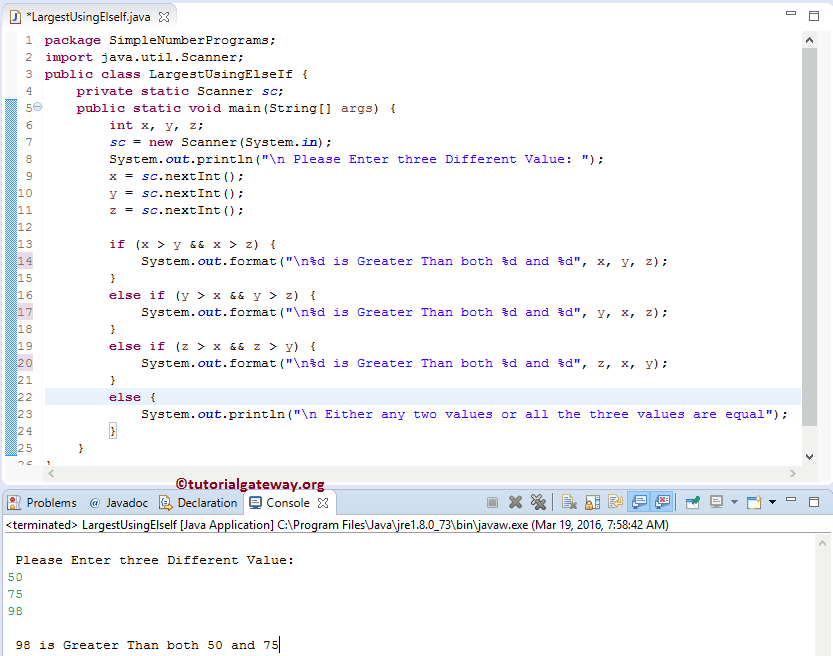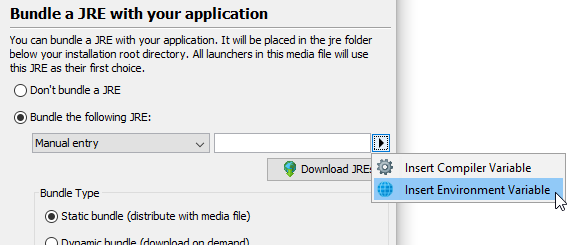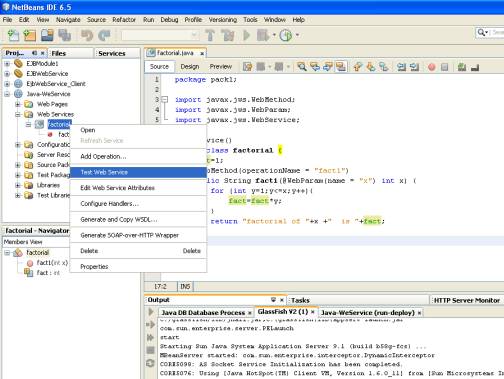
EJABBERD JAVA CLIENT INSTALL
AdvertisementĪll of the mainstream XMPP server implementations are relatively easy to install if you want a standard configuration, but OpenFire will get you up and running the fastest. For example, ProcessOne's Hosted.im services provides commercial XMPP hosting. It's also worth noting that there are some hosted solutions that might be a good option for users and organizations that want the flexibility of their own XMPP service, but don't strictly need to self-host. If you want to explore other XMPP server implementations, you can find a convenient list of open source and commercial servers at the XMPP Standards Foundation website. Another good one is the the Lua-based Prosody, which isn't quite as mature as some of the other options, but is extremely lightweight and easy to extend. Tigase, for example, might be a good choice for a Java shop that wants a more scalable or actively-developed solution than OpenFire. There are also several lesser-known open source XMPP server implementations that offer unique advantages in certain environments. OpenFire is a good choice for a personal Jabber server or small business messaging set-up because it's unbelievably easy to install, configure, and manage. The erlang-based ejabberd is generally regarded as the best option for large deployments because it scales well and offers good performance for intensive messaging workloads. They are both modular, feature-rich, and easy to run. The two most popular open source XMPP server applications are ejabberd, which is distributed under the GPL, and OpenFire, which is Apache-licensed. Setting up a self-hosted XMPP server is relatively easy due to the availability of several excellent open source implementations. Another key advantage of operating an XMPP server is that it can be integrated with a company's other applications and services, such as an external Web-based customer support chat system. In those kinds of environments, the advantages of a self-hosted messaging service are obvious.
EJABBERD JAVA CLIENT ARCHIVE
There are also companies, particularly in the financial industry, that have to retain and archive message logs for compliance purposes. Some companies don't want to entrust sensitive internal communications to outside services. There are many reasons why companies choose to operate their own XMPP servers.

It's becoming common for companies that rely on instant messaging to run their own XMPP service, much as they would operate their own internal mail server.

The protocol is also flexible enough to support a wide variety of different uses beyond mere chatting-it can be interfaced with all kinds of automated systems or used as a carrier for server-to-server communication. XMPP (also known as Jabber) encourages federated infrastructure, allowing individual users or organizations to self-host their own messaging services. One of the most important technologies that has helped to advance instant messaging as a business tool is the Extensible Messaging and Presence Protocol (XMPP), an XML-based open standard that fosters interoperability between real-time messaging platforms.

EJABBERD JAVA CLIENT PROFESSIONAL
To do so, Smack implements a permissions-based model.Instant messaging is typically regarded as a social tool, but it also plays an increasingly important role in the workplace as a medium for professional communication. It also provides a way to protect user's privacy by making sure that only approved users are able to subscribe to a roster. Moreover, it allows us to listen for changes in its entries and presence data with a RosterListener: roster.addRosterListener(new RosterListener() We can print all entries in the Roster using the getEntries() method: Collection entries = roster.getEntries() The Roster is a contact list that represents the users as RosterEntry objects and allows us to organize users into groups. With Roster.getInstanceFor(), we can obtain a Roster instance: Roster roster = Roster.getInstanceFor(connection) Another feature that Smack provides is the possibility to track the presence of other users.


 0 kommentar(er)
0 kommentar(er)
